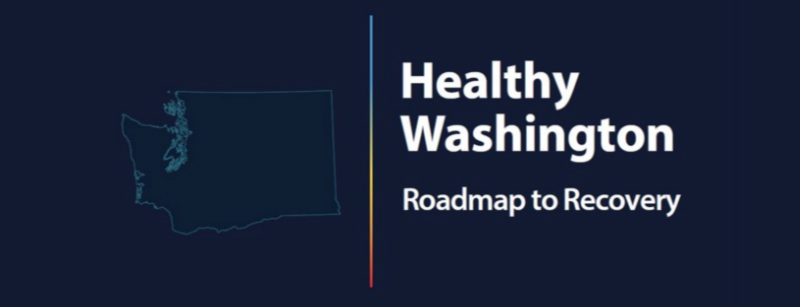||| FROM STATE DEPARTMENT OF HEALTH |||
OLYMPIA — As the state advances to the next tier of vaccine eligibility, the Washington State Department of Health wants to emphasize that the expansion will include some people with disabilities.
People with disabilities continue to experience access barriers to the COVID-19 vaccine and certain disabilities can put someone at increased risk for severe illness. This prioritization is intentional to provide access to a high-risk group that experiences more barriers to access.
Governor Jay Inslee announced last week that Washington state will make an early move to Phase 1b-2, advancing on March 17 instead of March 22. Phase 1b-2 includes pregnant people and individuals with disabilities that put them at high risk for severe COVID-19 illness. Phase 1b-2 also includes a number of high-risk worker groups. Read more about who is eligible here.
Individuals with disabilities are eligible for the vaccine in Phase 1b-2 if their disability alone puts them at higher risk for severe illness, or if they have a disability coupled with another underlying condition identified by the Centers for Disease Control and Prevention (CDC).
If people are unsure if their disability puts them at greater risk, they should have a conversation with their health care provider.
“These prioritization recommendations came directly from disability partners, families of people with disabilities, and members of our COVID-19 Vaccine Implementation Collaborative. We appreciate the willingness of communities and partners to provide us feedback so we can strive for equitable access to the COVID-19 vaccine,” said Katie Meehan, Equitable Policy & Access Manager for the Washington State Department of Health.
It’s also important to remember that caregivers are still eligible for a vaccine. Anyone who supports the daily, functional and health needs of someone who is at high risk of COVID-19 illness due to advanced age, long term physical condition, co-morbidities, or developmental or intellectual disability is considered a health care worker and is therefore eligible. They can be licensed, unlicensed, paid, unpaid, formal or informal. The person for whom they are providing care can be an adult or child.
For more information on underlying medical conditions, visit the CDC’s website.
The Department of Health website (doh.wa.gov) is your source for a healthy dose of information.
**If you are reading theOrcasonian for free, thank your fellow islanders. If you would like to support theOrcasonian CLICK HERE to set your modestly-priced, voluntary subscription. Otherwise, no worries; we’re happy to share with you.**







